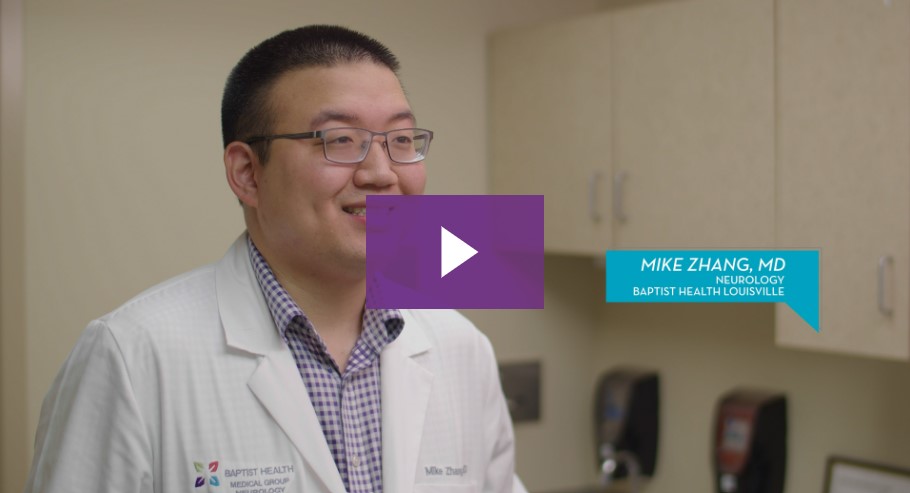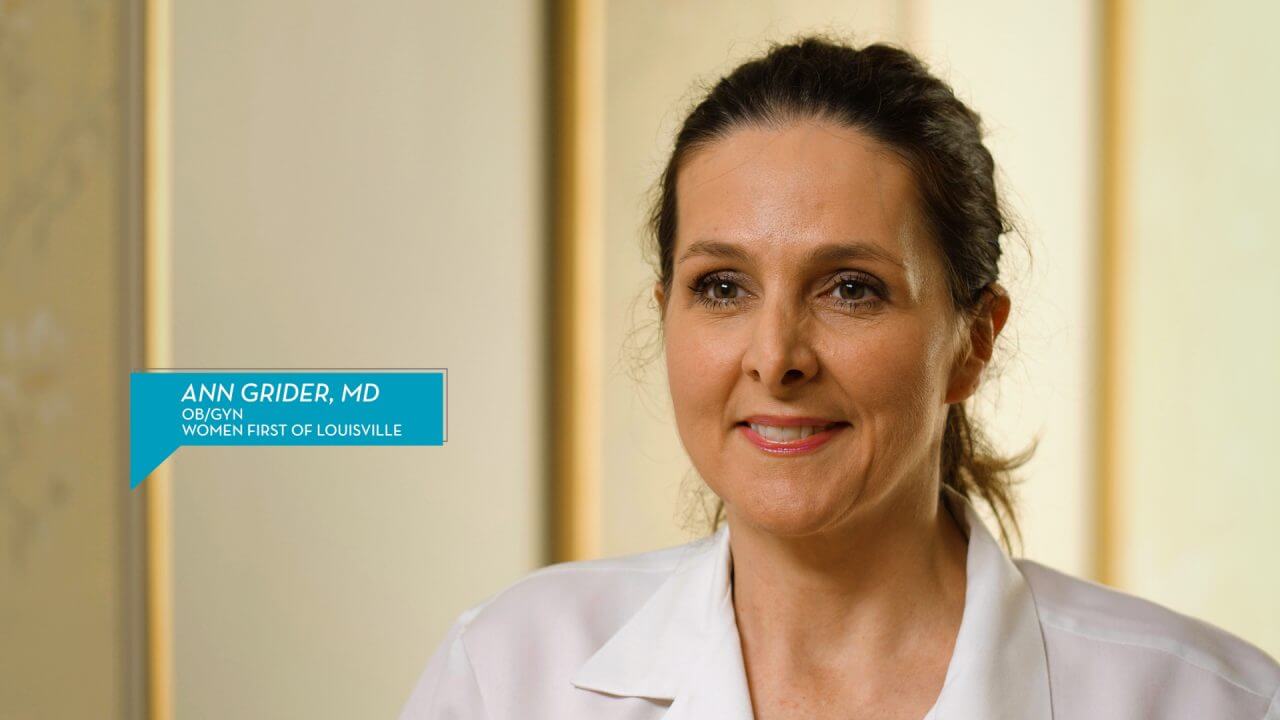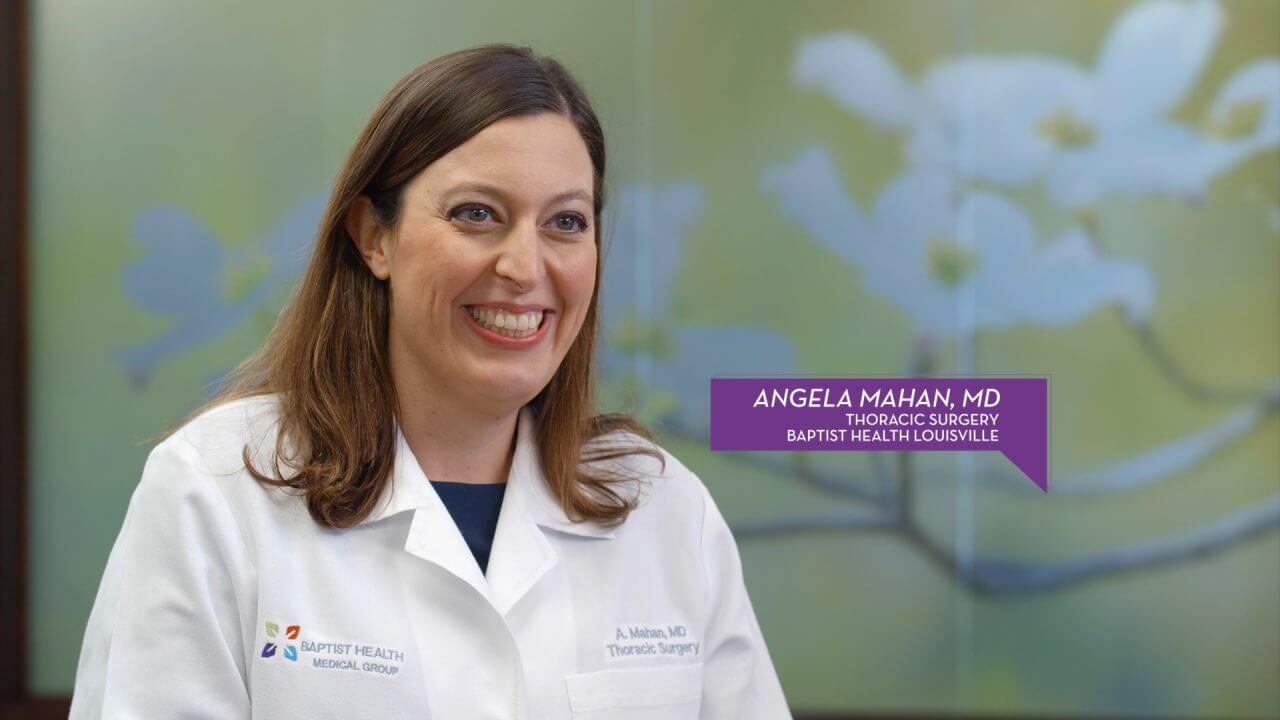Carpal Tunnel Syndrome: Diagnosis & Treatment Options
Baptist Health Louisville: Carpal Tunnel Syndrome Diagnosis & Treatment Options
Hand surgeon Michael Nicoson, MD, describes the symptoms of carpal tunnel syndrome and explains how non-operative treatment and outpatient surgery can help relieve a patient’s pain.
Carpal Tunnel Syndrome Diagnosis & Treatment Options Health Talks Transcript
Michael Nicoson, MD, Hand and Upper Extremity Surgery, Hand and Wrist of Louisville, PLLC
Carpal tunnel syndrome is the compression of the media nerve at the wrist. We typically see that in patients who are involved in high-demand hand activities with repetitive gripping and pushing. The most common reason we see patients is nighttime waking with having pain and loss of sensation in their fingertips, and it can be a significant detriment to their activities of daily living.
Carpal tunnel syndrome treatment is variable depending on the age of the patient and depending on the severity at which patients come into the clinic. So, if the patient is having mild symptoms, those patients typically respond to non-operative means of treatment. So, we begin patients wearing a wrist splint at night. Typically, people will say that they are having less pain at night, less nighttime waking and better quality of sleep. For patients who don’t respond to that conservative means of treatment, surgery does have a significant role and is a very powerful tool for reversing symptoms in patients having numbness and tingling in carpal tunnel syndrome. For patients who are candidates for carpal tunnel surgery, it’s a short outpatient procedure. The surgery itself typically takes less than 10 minutes for the operative surgeon to perform, usually four to five stitches are used to close the skin, and patients are sent home in the same day.
Most patients have complete relief of symptoms with a successful surgery. Typically, by three to four weeks after the procedure, the majority of patients have gone back to doing everything that they were doing preoperatively, with very little symptoms.



